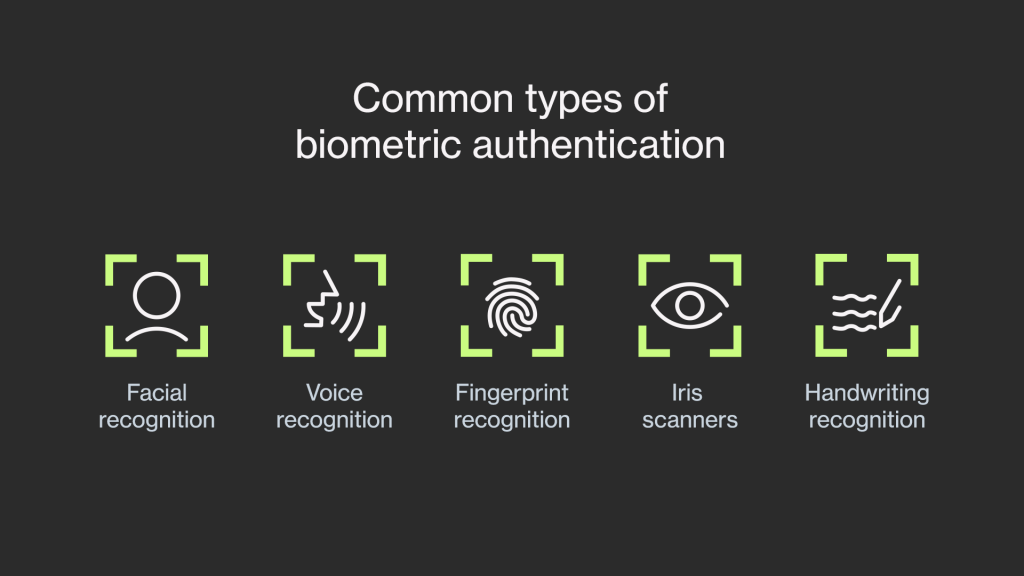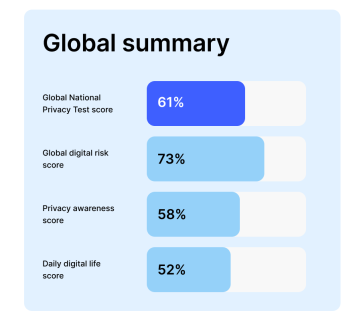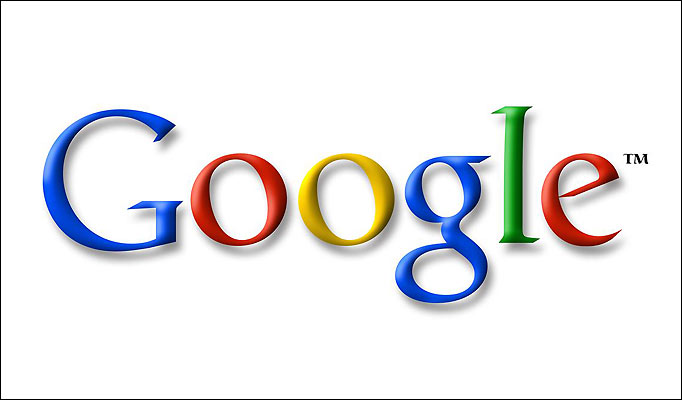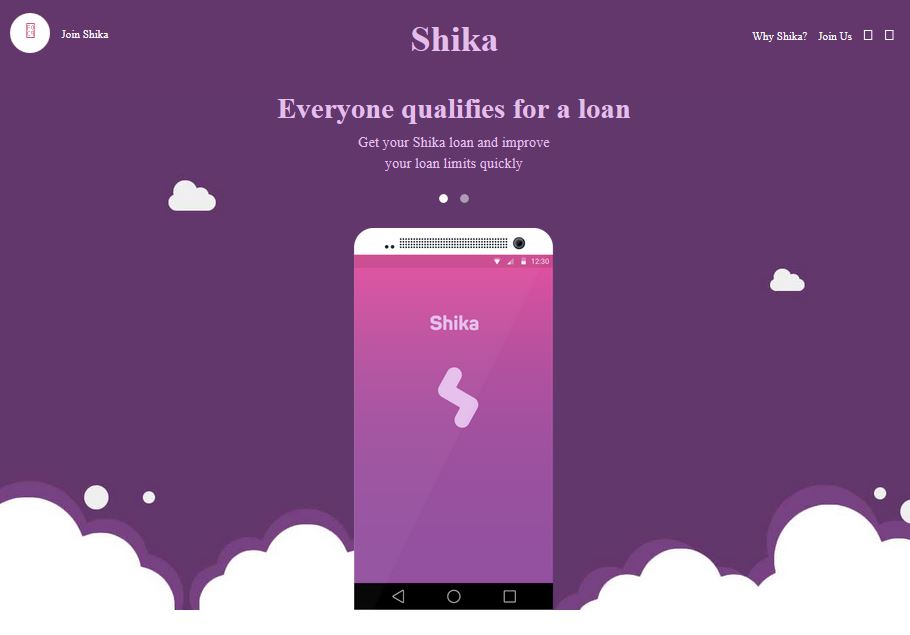I am a lucky Guy. I was even lucky enough to be in Kigali, Rwanda first week of April to witness the announcement of the Microsoft 4Afrika Initiative in Rwanda. For those not in the know, the Microsoft 4Afrika Initiative is a commitment by Microsoft to help up-skill 100,000 members of Africa’s existing workforce and help an additional 100,000 recent graduates develop skills for employability (by bridging the opportunity divide), to place tens of millions of smart devices in the hands of Africans and to bring 1 Million SMEs online all this by 2016. This commitment from Microsoft was set in motion by Microsoft aims to actively engage in Africa’s economic development to improve its global competitiveness. Louis Otieno, Microsoft Director of Africa Initiatives owns this project.
The goal of the 4Afrika inititative is to disseminate affordable smart devices built specifically ‘4Afrika’ with an AppFactory aimed at encouraging application development by Africans for Africans. The initiative will also run an education platform aimed to develop technical and entrepreneurship skills as a means to improve employability especially for youths. What this AppFactory means for African developers is that you can now upload a premium-priced app onto the store and make good money from it based on what regions it is made available.
During the 4Afrika announcement, Minister of Youth and ICT in Rwanda, Jean Philbert Nsengimana said, “Tremendous opportunities abound in Rwanda’s ICT industry. Technology is now becoming a driving force behind numerous aspects of national development and we cannot afford to be left behind. I believe a lot can be achieved through collaboration, consultation and smart private public partnerships. We welcome Microsoft’s 4Afrika initiative and are committed to developing innovative ways using the power of technology to help transform social and economic progress in Rwanda.”
This entry of the Microsoft 4Afrika initiative in Rwanda is a significant step in the country’s vision to become a knowledge-based economy. It will play a role in bridging the digital divide and help develop necessary skills to create relevant content for the country’s growing economy. The Government of Rwanda (GoR) has identified two lead programs for possible collaboration with Microsoft within the 4Afrika initiative. They are:
1.Viziyo program – this is a program designed to increase citizen-access to smartphones
2.Smart Village program – a program built on the concept of replicating digitized model villages across the nation as a means to achieve Rwanda’s goal to become an ICT-driven economy
The idea behind Microsoft’s introduction of this initiative in Rwanda is to call out companies willing to partner and bring technology into an emeerging market like Rwanda and make use of existing infrastructure to bring out amazing products. An example of this is in Kenya with the Mawingu Initiative, a program that aims to bring broadband to the most remote homes and centers in Kenya using WhiteSpaces, the unused spectrum of TV frequency. The Mawingu project has been worked on by Indigo, a local Internet Service Provider Indigo Telecom in collaboration with Microsoft and the Government of Kenya under a comprehensive MOU. It is based on a concept of deploying a TV band white spaces network in Kenya branded in order to deliver wireless broadband connectivity in portions of Kenya and other African countries currently without broadband access. The network uses solar-powered TV band white space and other radios connected to Microsoft’s cloud-based white space database. The project leverages a combination of TV band white space base stations and end user devices (providing connectivity of up to 10 km range), 5 GHz fixed microwave for backhaul (allowing up to 20 km point-to-point connections between base stations and aggregation points), and a long haul high capacity fiber network. End user devices connect to base stations over TV band white spaces spectrum that serve as hotspots for other devices using traditional 2.4 GHz Wi-Fi connectivity. Eventually, Wi-Fi connectivity will include TV band white spaces access, leveraging an emerging Wi-Fi standard for white space.
The Government of Rwanda and Microsoft4Afrika will work hand-in-hand to provide the appropriate services needed to achieve the shared vision of increased accessibility for all.




